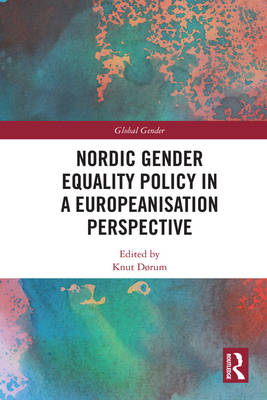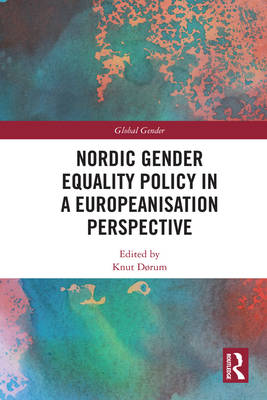
- Retrait gratuit dans votre magasin Club
- 7.000.000 titres dans notre catalogue
- Payer en toute sécurité
- Toujours un magasin près de chez vous
- Retrait gratuit dans votre magasin Club
- 7.000.0000 titres dans notre catalogue
- Payer en toute sécurité
- Toujours un magasin près de chez vous
Nordic Gender Equality Policy in a Europeanisation Perspective
Description
This book provides a comprehensive treatment of the role Nordic countries have played as exporters and importers of gender equality policies, and of how Europeanisation has framed the development and harmonisation of legislation and politics between the countries, with global consequences.
The diverse range of contributors present the argument that the European Union increasingly exerts influence on Nordic equality policy, without undermining the recent significance of the Nordic countries' gender policy as models for countries all over the world . It demonstrates that differentiation and variation at national and regional levels in the Nordic countries, as well as in Europe in general, matter as much as integrational processes and inner adaptation to EU legislation and international laws. This book explores the limitations of the Europeanisation process and the political diversity of national and regional policies, together with the crucial ways practices in the family life and the labour market concerning gender equality depend on cultural and religious norms and group interests.
Nordic Gender Equality Policy in a Europeanisation Perspective is a key text for students and researchers seeking to understand the interrelations of Nordic and European Union gender policies.
Spécifications
Parties prenantes
- Editeur:
Contenu
- Nombre de pages :
- 176
- Langue:
- Anglais
- Collection :
Caractéristiques
- EAN:
- 9780367367459
- Date de parution :
- 18-12-19
- Format:
- Livre relié
- Format numérique:
- Genaaid
- Dimensions :
- 155 mm x 239 mm
- Poids :
- 430 g

Les avis
Nous publions uniquement les avis qui respectent les conditions requises. Consultez nos conditions pour les avis.





